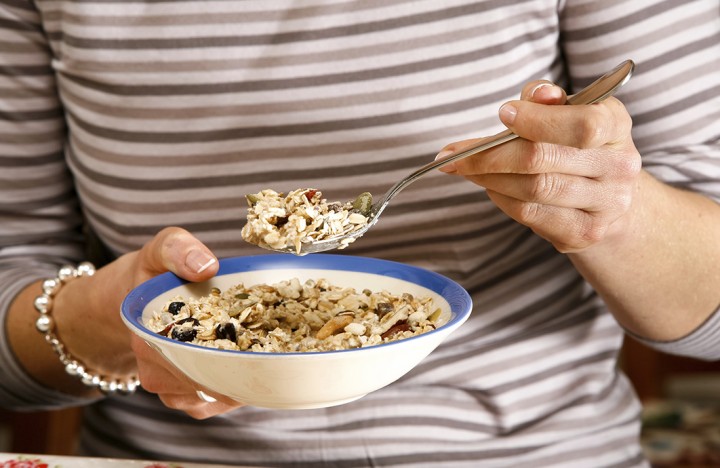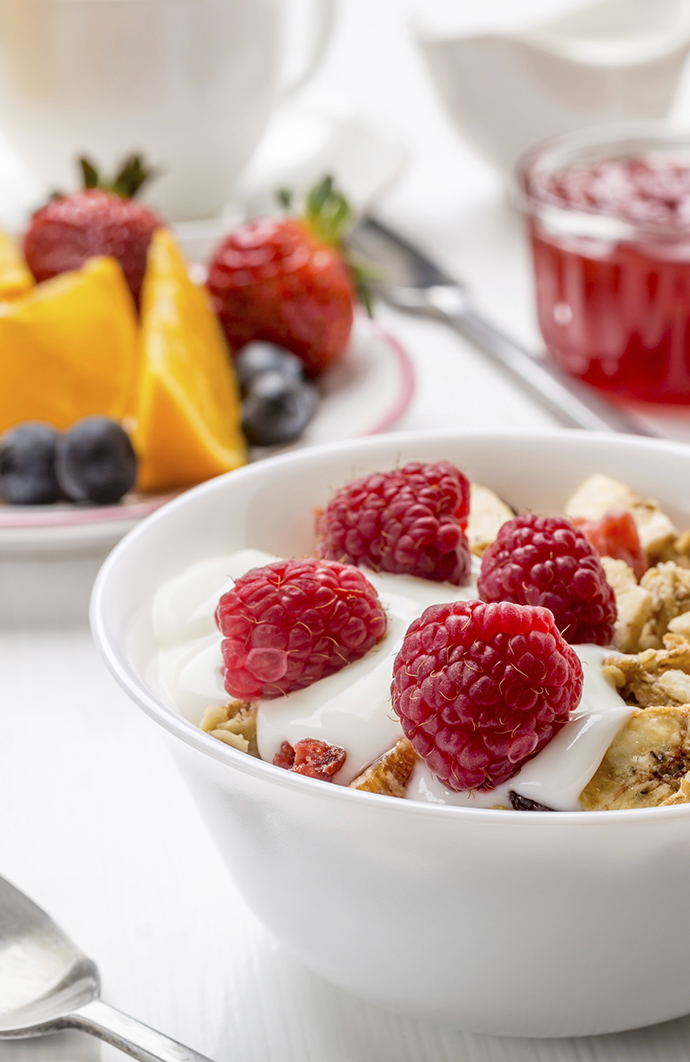Enjoy Whole Grains

Whole grains are cereal grains that contain the bran, endosperm, and germ of the grain. They are different than refined grains, which only contain the endosperm. All grains are whole grains in their natural state. The bran is the outer skin of the seed, which is referred to as a kernel. It contains fiber, vitamin B, and important antioxidants. The germ contains healthy fats, minerals, protein, and many B vitamins. It also has the potential to sprout into a new plant. Lastly, the endosperm is the germ’s food supply. It provides the young plant with the energy it needs to send its roots down to get nutrients and water. It also sends up sprouts for sunlight. It contains proteins and carbohydrates, as well as a small amount of minerals and vitamins.
Who is it good for?
Whole grains are good for absolutely everyone because they are healthier than refined grains. Refined grains get rid of the germ and the bran, which leaves only the endosperm.
This causes the grain’s to lose 25% of its protein and many key nutrients. Studies have shown that eating whole grains significantly lowers the risk of many chronic diseases, particularly for those people who consume at least three servings of whole grains a day. Every little bit helps. Opt for whole grains as much as possible. Research has indicated that whole grains reduce the risk of stroke by at least 30% and heart disease by at least 25%. Whole grains also help you maintain your weight and reduce the risk of asthma while maintaining healthy blood pressure. Thus, whole grains are essential for anyone who may be at a higher risk of heart disease or stroke because of other circumstances. They are also important for younger people who are trying to reduce their risk of heart disease and maintain a healthy appetite and lifestyle.
Compare
Luckily, it is incredibly easy to add whole grains to your meals. When you bake pancakes, bread, muffins, and cookies, substitute half the white flour with whole wheat flour. You can also replace flour with old-fashioned oats or quick oats. If you are making burgers or meatballs, try adding three-quarters of a cup of uncooked oats for each pound of ground beef. You can also try new foods. Instead of white pasta, try whole grain pasta, or at least try a blend that is part whole-grain and part white. Whole grain bread is also readily available and won’t taste much different after you have put your favorite spread on top. You can also find many different brands of whole grain cereal, which is a great way to start your morning. If you enjoy snacking, try buying whole grain crackers or granola bars. Lastly, many people are unaware that corn is actually a whole grain, regardless of whether it is on the cob, in a can, or frozen. Add corn to your meals to help boost your daily intake and ensure you are getting enough whole grains in your diet!






